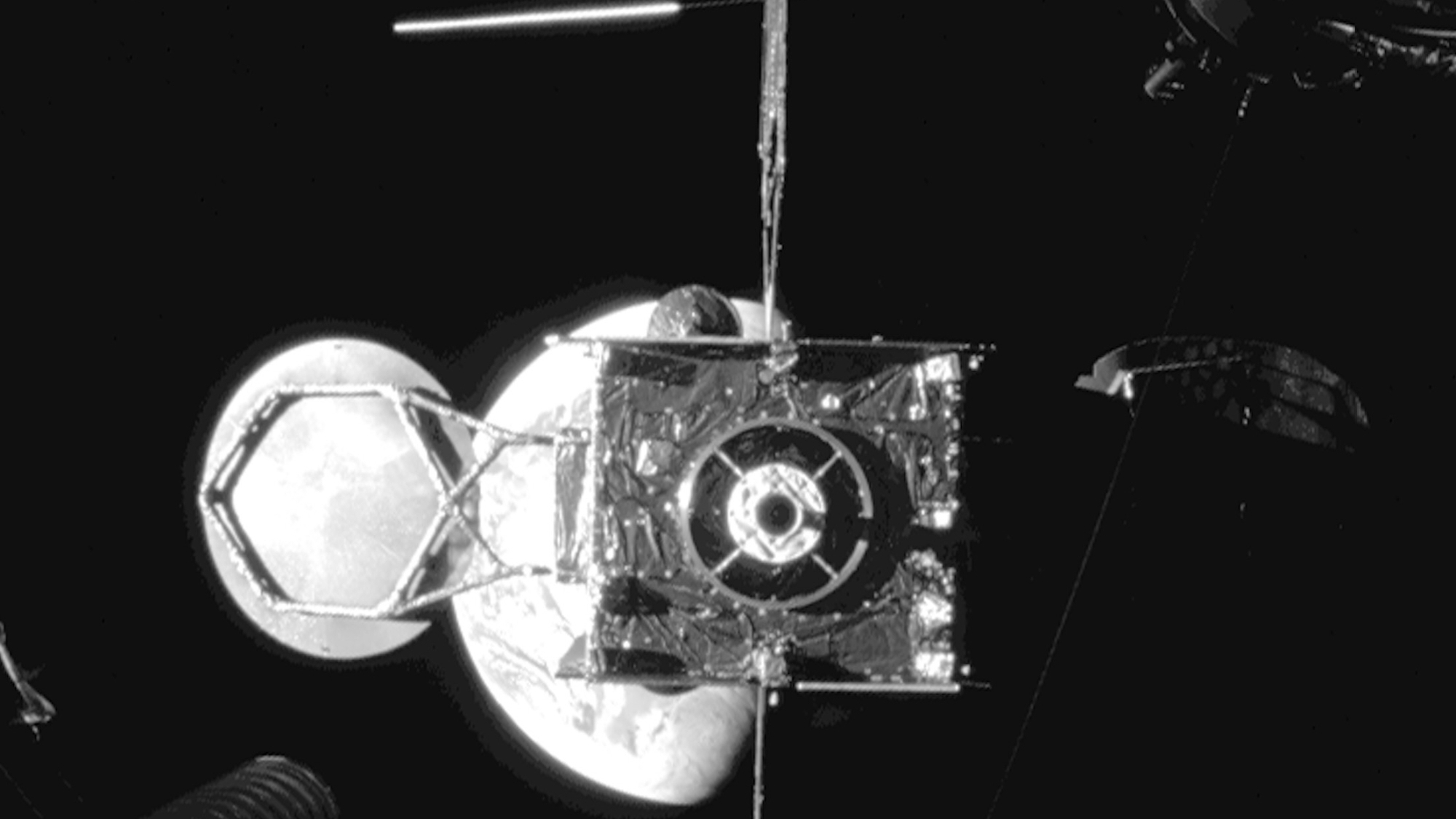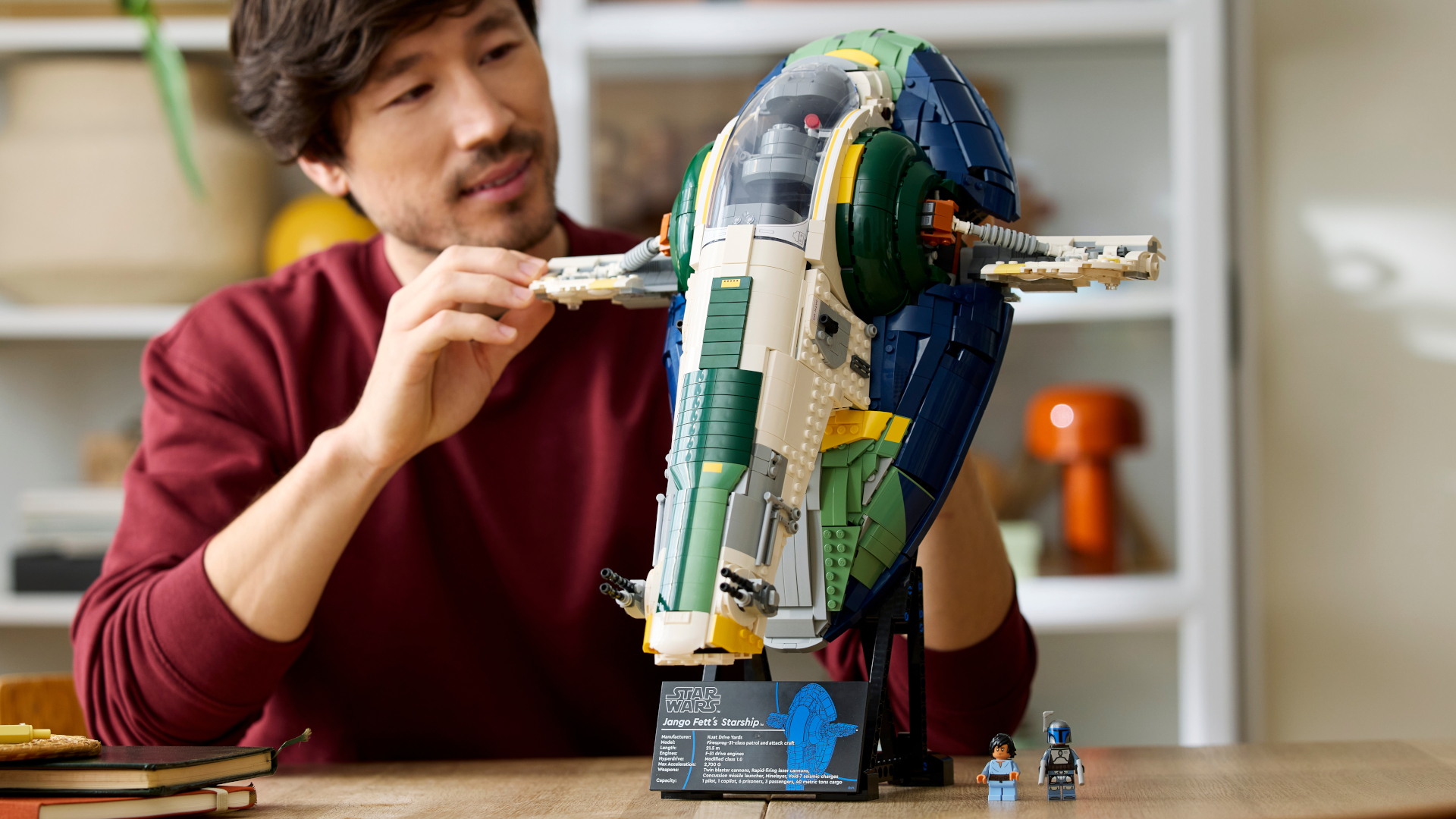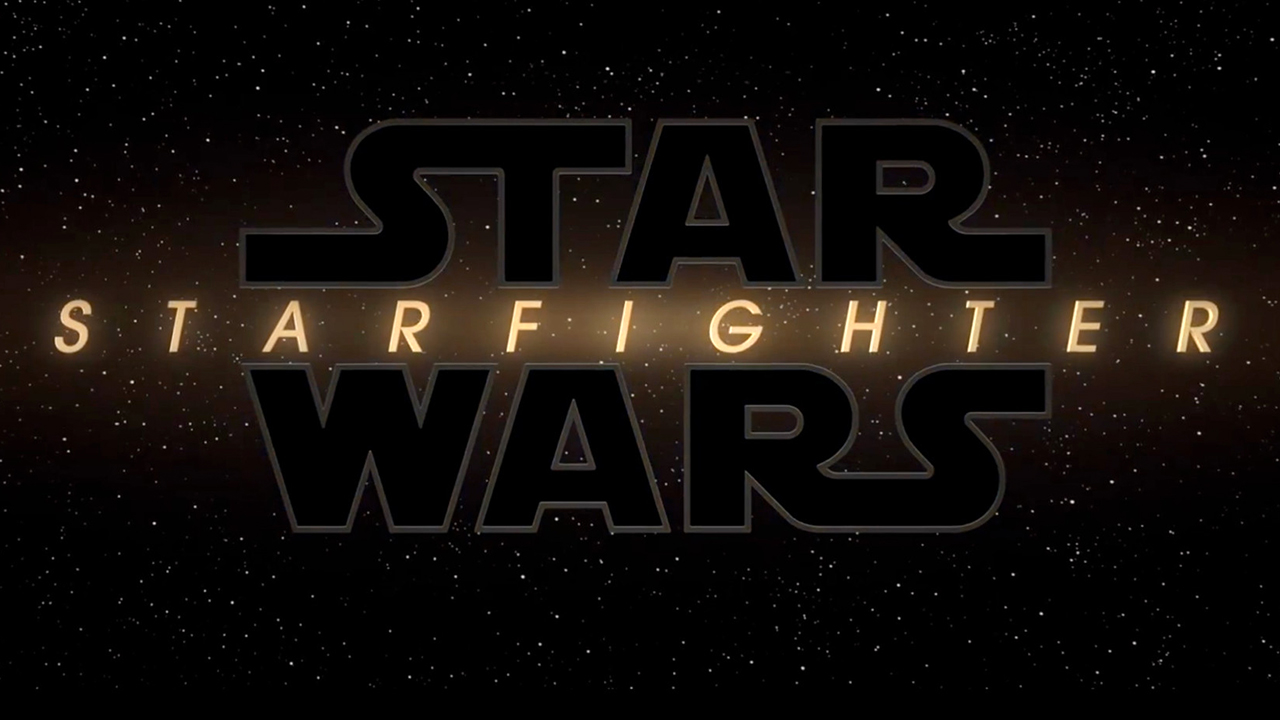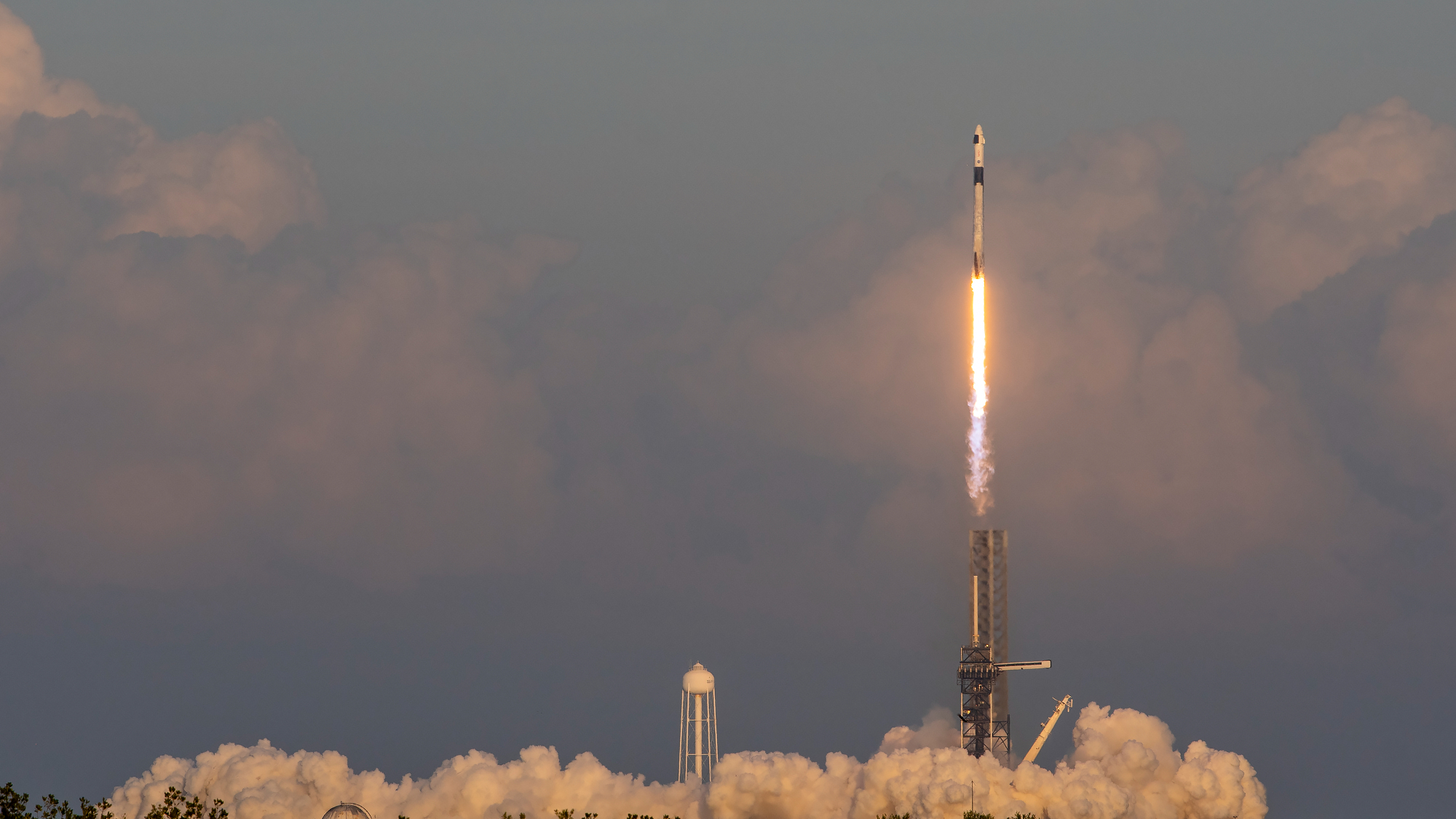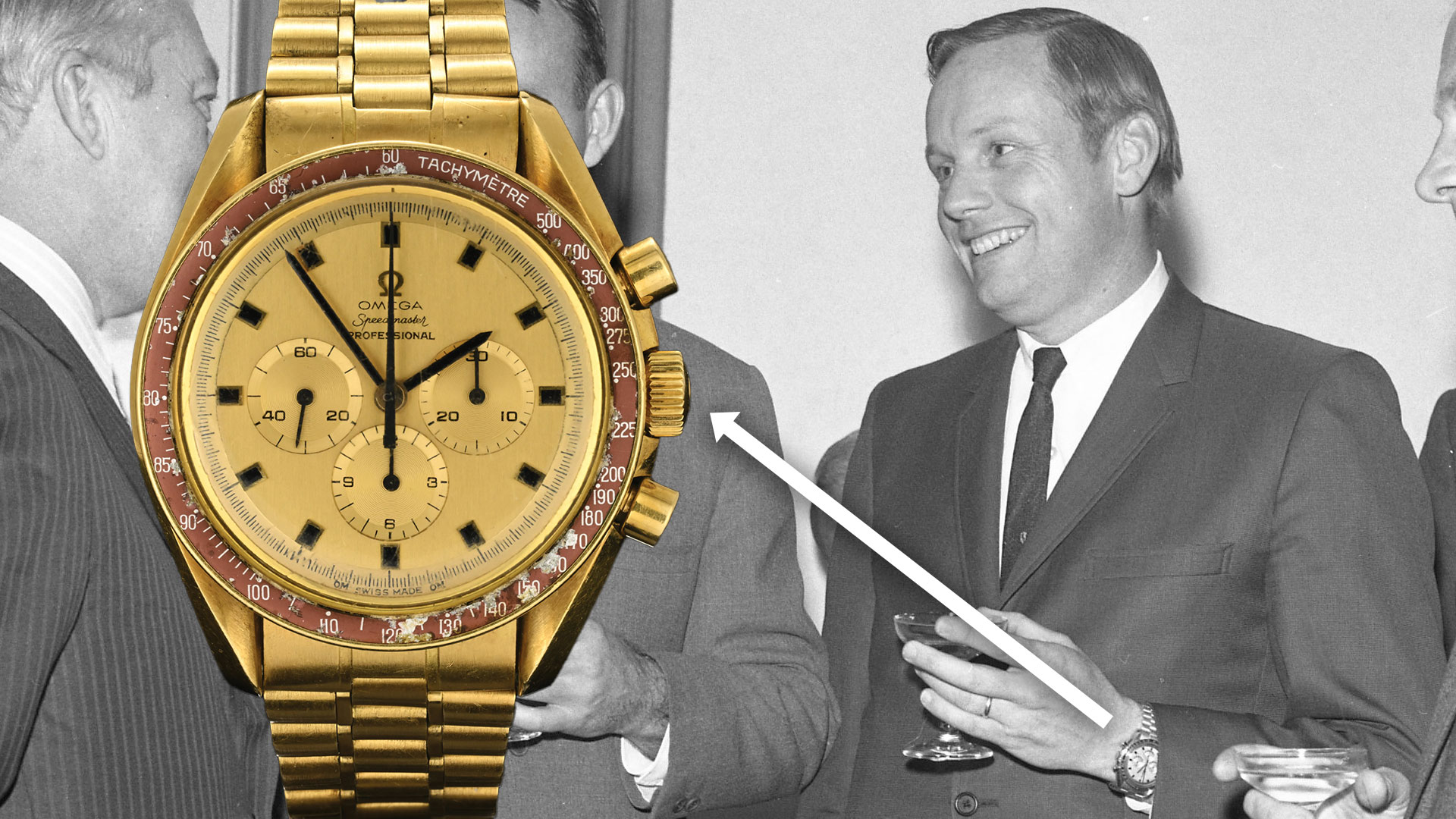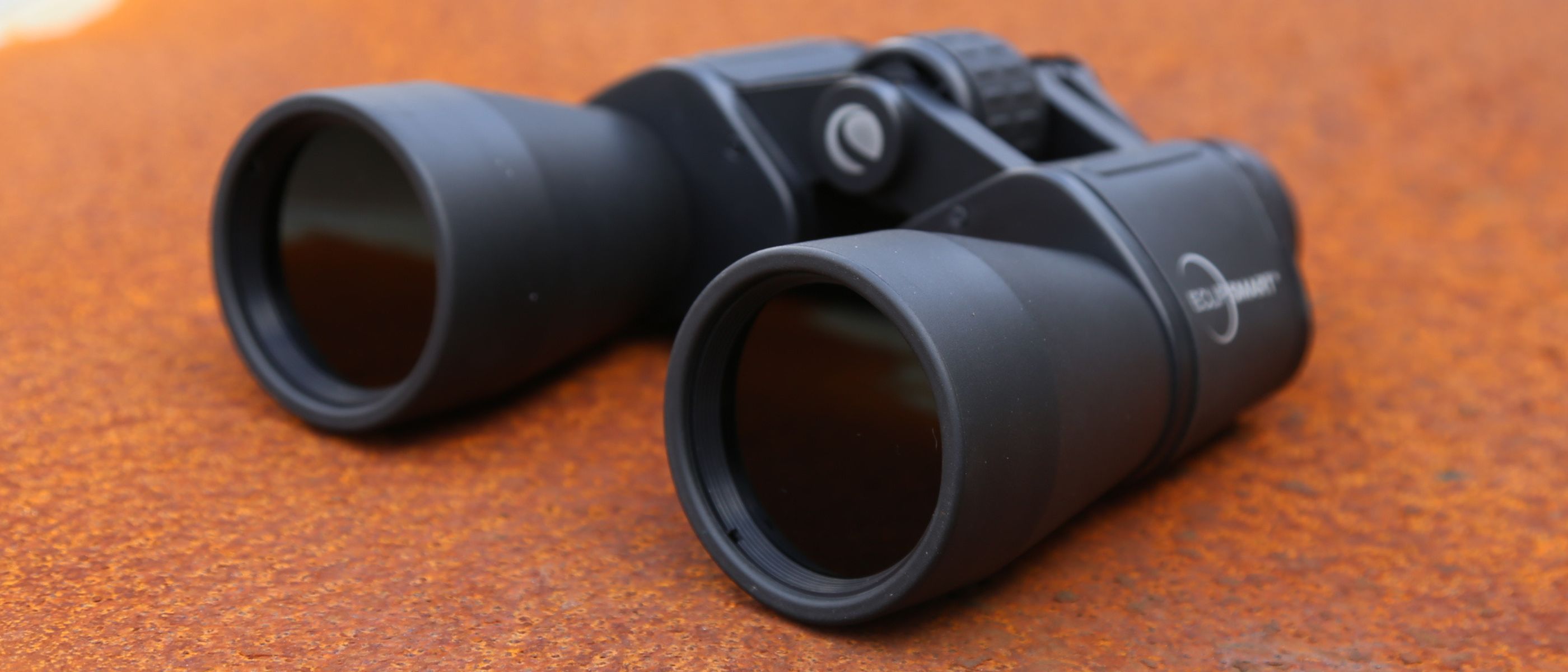Woman Sues NASA Again Over $2 million Apollo 11 Moon Rock Bag
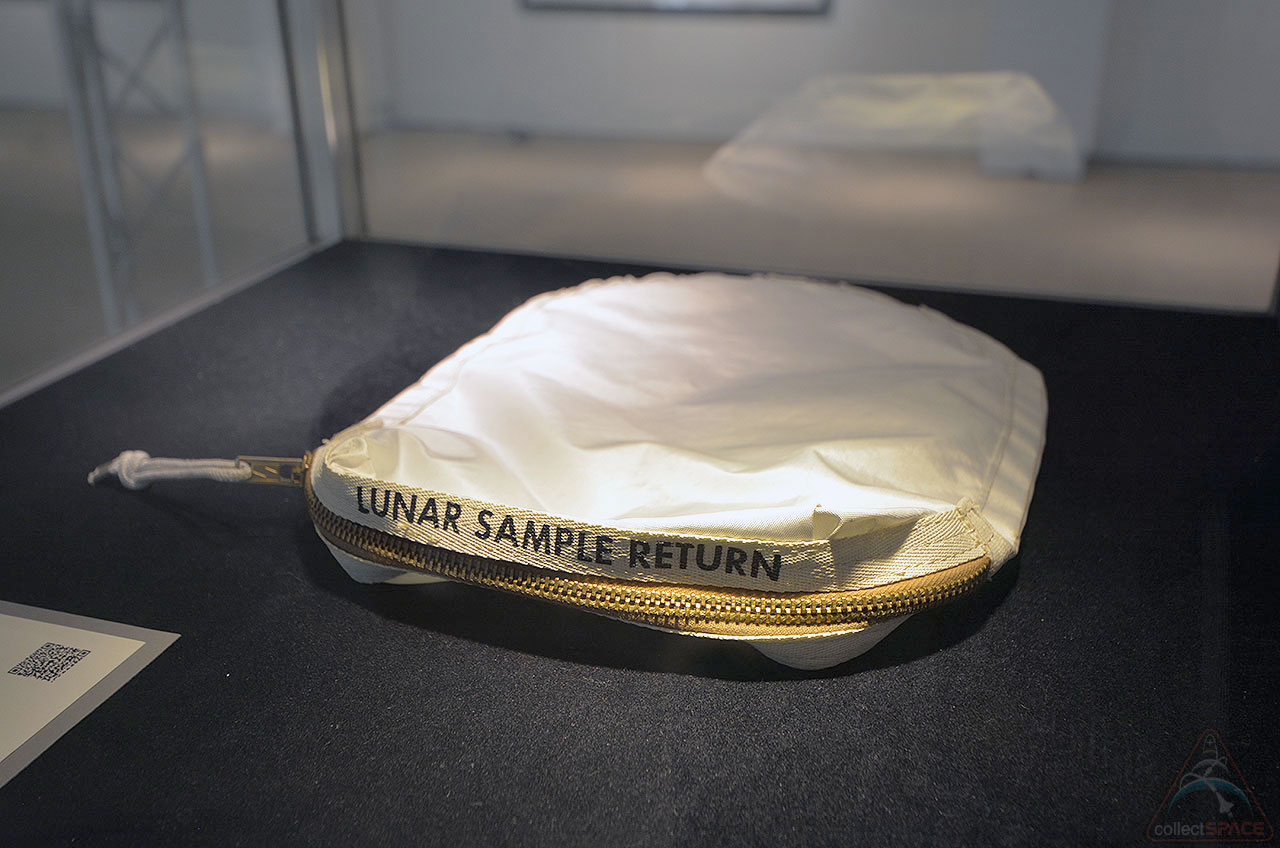
An Illinois woman has filed a lawsuit against NASA, claiming the agency damaged and improperly retained lunar material from an Apollo 11 moon rock collection bag that she previously sued over, won title to and then sold at auction for nearly $2 million.
Nancy Lee Carlson claims in her latest lawsuit that NASA and the actions of its lunar sample curator "diminished the fair market value" of her former property and caused her injury — "humiliation, embarrassment, emotional stress and anxiety" — in the process. She is seeking "an amount that is fair" to cover her emotional distress, the damage to the artifact and her legal expenses.
Further, Carlson is suing for the return of the lunar material that she claims was "enmeshed in the bag fibers when the Apollo 11 mission returned to Earth," or, "alternatively, awarding Plaintiff the value of the removed samples," according to the documents she filed against the United States of America, NASA and "Apollo 11 curator" Ryan Ziegler on Friday (Jan. 18) in the U.S. District Court for Kansas. [Should We Open Some Sealed Apollo Moon Samples?]
Carlson originally purchased the 11.5-inch-long (29 centimeters) "lunar sample return bag" for $995 in February 2015, at an auction held on behalf of the U.S. Marshals Service in Texas. Unaware of the bag's history other than that it had been forfeited by a museum curator indicted for the theft of other space artifacts and that it was described by the Marshals as having been flown on an Apollo mission, Carlson sought the help of Ziegler at the Johnson Space Center in Houston to further identify the bag's provenance.
After testing the material stains inside the bag, a process that may have resulted in the bag's fabric being torn, Ziegler determined that the trace dust was from Tranquility Base, the landing site of the Apollo 11 first moon landing mission. The zippered pouch was subsequently identified as having been used to prevent contamination of an initial contingency lunar sample collected by Neil Armstrong during the early minutes of his 1969 moon walk.
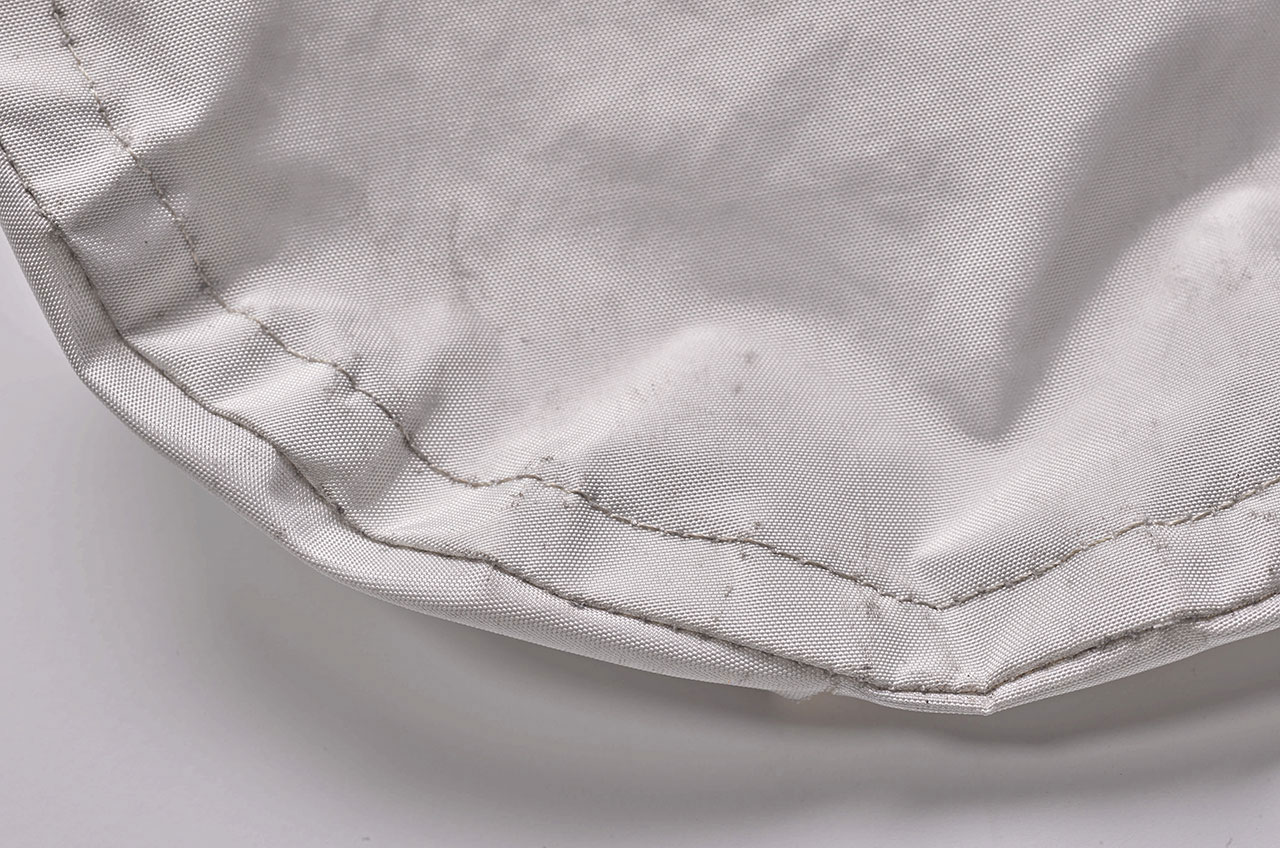
Without record of the artifact having been released from NASA property, Ziegler, representing the space agency, refused Carlson's repeated requests for the bag's return.
In response, Carlson filed lawsuits against NASA in both Texas, where the bag was then located, and Kansas, where it had been forfeited. The cases revealed that the bag had been incorrectly cataloged by a Kansas museum where it had been on loan from NASA, resulting in its mistaken forfeiture as part of a restitution order against the convicted curator. Still, a U.S. district court judge found that, because the U.S. Marshals Service had proceeded with the sale and Carlson had made a good-faith purchase, the bag was no longer NASA's to claim.
Get the Space.com Newsletter
Breaking space news, the latest updates on rocket launches, skywatching events and more!
"NASA was a victim in this case, not a wrongdoer," Judge J. Thomas Marten of the U.S. District Court of Kansas stated in his ruling in December 2016.
Subsequently, a judge in Texas ruled that NASA had to return the Apollo 11 bag to Carlson, which was carried out in February 2017.
"NASA is obviously disappointed by the decision of the court," a NASA spokesman said at the time. "This artifact was never meant to be owned by an individual."
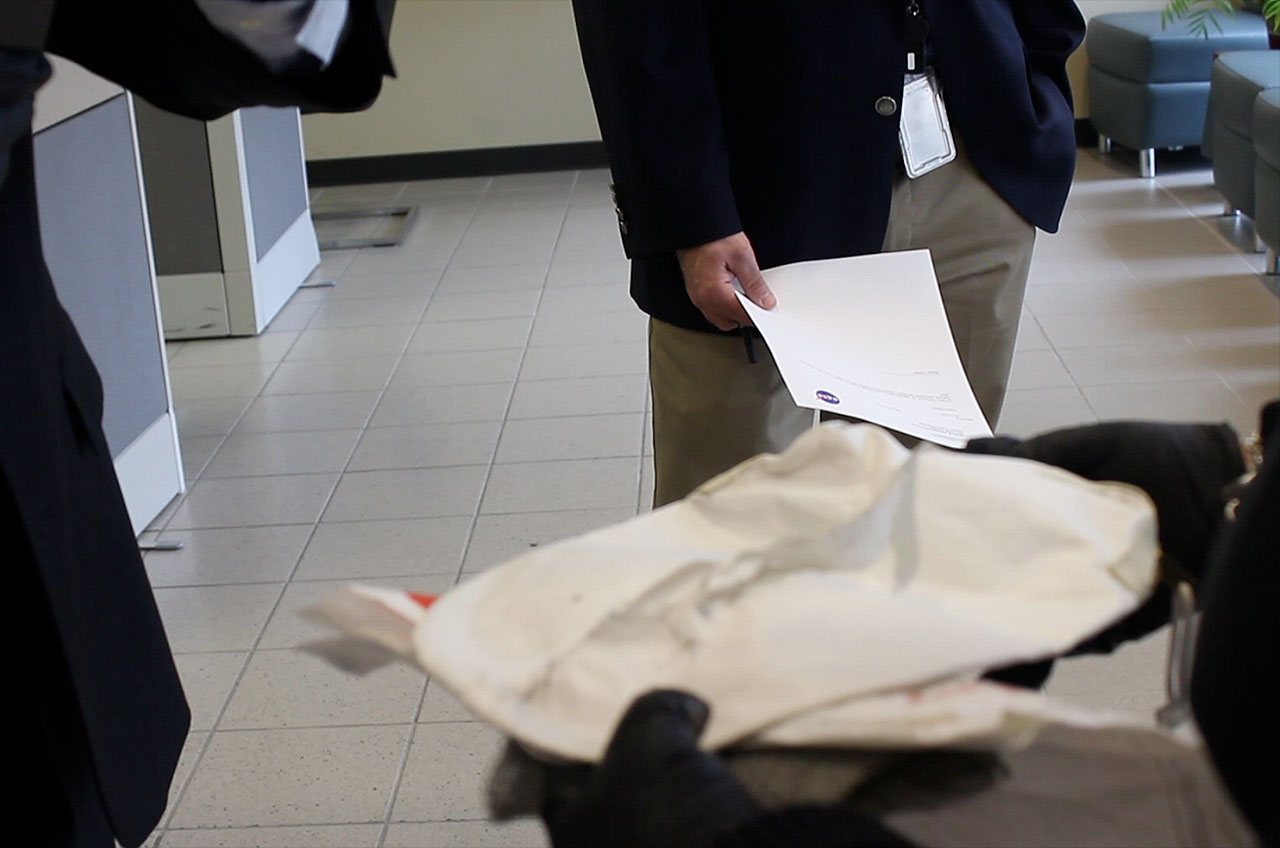
On July 20, 2017, 48 years to the day after the bag was used on the lunar surface, Sotheby's auctioned the artifact for $1,812,500 million on Carlson's behalf.
Prior to the auction, Sotheby's estimated the bag to sell for $2 million to $4 million. Carlson is now claiming the damage done to the bag during NASA's testing and its discouraging public statements deprived her of reaping the full value of the artifact, as well as caused her personal distress.
Carlson's current lawsuit is now the second pending before a court in Kansas over alleged moon dust. In June 2018, one of Carlson's attorney's in the original lunar sample return bag case filed a separate lawsuit on behalf of Laura Murray Cicco of Tennessee, claiming a vial of "moon dust" in Cicco's possession was at jeopardy of being confiscated by NASA given the space agency's actions in the Carlson case. Cicco's case is now pending a ruling on the government's motion to dismiss.
Follow collectSPACE.com on Facebook and on Twitter at @collectSPACE. Copyright 2019 collectSPACE.com. All rights reserved.
Join our Space Forums to keep talking space on the latest missions, night sky and more! And if you have a news tip, correction or comment, let us know at: community@space.com.

Robert Pearlman is a space historian, journalist and the founder and editor of collectSPACE.com, a daily news publication and community devoted to space history with a particular focus on how and where space exploration intersects with pop culture. Pearlman is also a contributing writer for Space.com and co-author of "Space Stations: The Art, Science, and Reality of Working in Space” published by Smithsonian Books in 2018.In 2009, he was inducted into the U.S. Space Camp Hall of Fame in Huntsville, Alabama. In 2021, he was honored by the American Astronautical Society with the Ordway Award for Sustained Excellence in Spaceflight History. In 2023, the National Space Club Florida Committee recognized Pearlman with the Kolcum News and Communications Award for excellence in telling the space story along the Space Coast and throughout the world.





